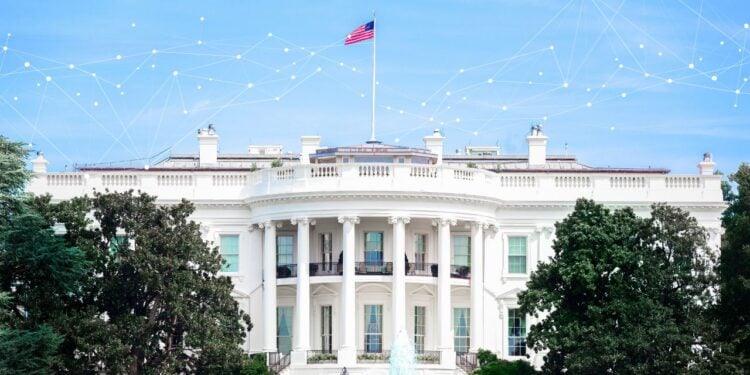The White House has taken a strong stance in support of the continued open-source development of artificial intelligence (AI) technology — a stance that is expected to benefit the widespread adoption of AI across the workforce.
In a report released Tuesday, the Biden administration suggests there is no immediate need for restrictions on companies making key AI components publicly available.
This approach to development can lead to making rapid advancements in AI technology, potentially creating new job opportunities, increasing productivity across the workforce, and aiding businesses of all sizes to leverage AI-powered work solutions. However, it also raises concerns on how to guide ethical use of AI across the U.S., and how to protect against security flaws and the potential for job displacement.
The Hill reports that an open-source approach allows for unrestricted access, adaptation, and improvement of AI technology — an open policy seen by tech leaders as essential for success in the fast-moving field of AI research and development.
The government-issued report reflects this notion by stating that current evidence does not support restrictions on AI models with widely available weights. Still, it calls for continuous monitoring and preparedness to manage any future risks. Notably, the report acknowledges ongoing concerns about AI safety risk, stressing that U.S. officials must monitor potential dangers and be ready to act if heightened risks emerge.
The federal government is also stepping up AI-related hiring as well. The Federal News Network reports that the Biden administration is aiming to recruit 500 AI experts by the end of fiscal 2025, and that over 200 experts have already been hired. This initiative is part of a broader strategy outlined in an executive order on AI issued last year, underscoring the administration’s proactive stance on AI development and implementation.
Agencies such as the General Services Administration’s Presidential Innovation Fellows program and the Department of Homeland Security’s AI Corps are reported to be a part of this hiring spree.
These developments show the increasing importance of AI technology in the future of work. Several agencies are also reported to be naming chief AI officers to lead new efforts to integrate AI within the federal workforce. A similar strategy is being adopted by public and private companies. For several organizations this year, the large responsibility to lead AI efforts and strategies are falling on Chief Information Officers (CIOs).



 Dr. Gleb Tsipursky – The Office Whisperer
Dr. Gleb Tsipursky – The Office Whisperer Nirit Cohen – WorkFutures
Nirit Cohen – WorkFutures Angela Howard – Culture Expert
Angela Howard – Culture Expert Drew Jones – Design & Innovation
Drew Jones – Design & Innovation Jonathan Price – CRE & Flex Expert
Jonathan Price – CRE & Flex Expert












